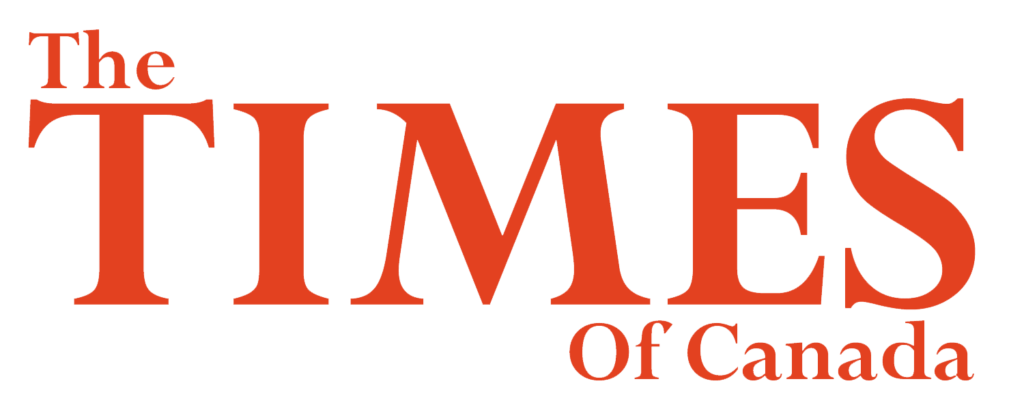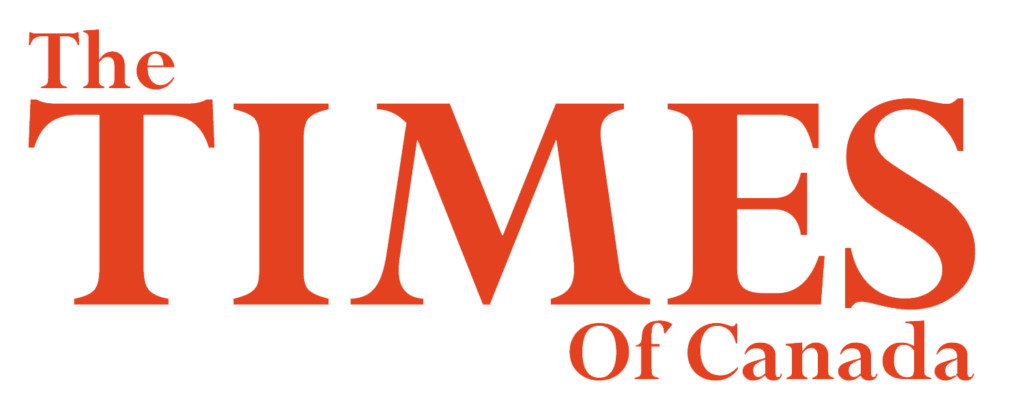Saving money is a fundamental aspect of financial well-being, providing a pathway to financial security and future stability. Whether you’re aiming to build an emergency fund, invest for the future, or achieve specific financial goals, adopting effective money-saving strategies is key. This journey requires a blend of commitment, discipline, and informed decision-making. By implementing practical tips such as budgeting, cutting unnecessary expenses, and automating savings, individuals can take control of their finances and pave the way for a more resilient financial future. In this pursuit, every small effort contributes to building a robust foundation for long-term financial success.
Create  a budget: Creating a budget is a foundational step in effective money management. By meticulously tracking your income, fixed expenses, and discretionary spending, a budget offers a comprehensive overview of your financial situation. This clarity allows you to discern areas where adjustments can be made, facilitating more informed decisions on spending and saving. The budgeting process not only helps prioritize essential costs but also sheds light on non-essential expenditures, guiding you to identify potential areas for cutbacks. Ultimately, a well-constructed budget empowers you to allocate resources more efficiently, fostering financial stability and providing a roadmap for achieving your long-term financial goals.
a budget: Creating a budget is a foundational step in effective money management. By meticulously tracking your income, fixed expenses, and discretionary spending, a budget offers a comprehensive overview of your financial situation. This clarity allows you to discern areas where adjustments can be made, facilitating more informed decisions on spending and saving. The budgeting process not only helps prioritize essential costs but also sheds light on non-essential expenditures, guiding you to identify potential areas for cutbacks. Ultimately, a well-constructed budget empowers you to allocate resources more efficiently, fostering financial stability and providing a roadmap for achieving your long-term financial goals.
Cut unnecessary expenses: Reviewing and cutting unnecessary expenses is a key strategy in optimizing financial health. By carefully scrutinizing your monthly expenditures, you can identify opportunities to trim costs without compromising your quality of life. Start by canceling unused subscriptions, as these often accumulate without notice. Opting for generic brands over name brands can also result in significant savings on groceries and everyday items. Additionally, consider negotiating bills for services like cable, internet, or insurance to secure better deals. Many providers are willing to work with customers to find more cost-effective solutions. By proactively managing your expenses in this way, you not only free up additional funds for saving or investing but also develop a mindful approach to spending, promoting long-term financial stability.
Build emergency Fund: Building an emergency fund is a fundamental pillar of financial security. The objective is to save an amount equivalent to three to six months’ worth of living expenses, creating a safety net to cover unforeseen events such as medical emergencies, car repairs, or unexpected job loss. This financial cushion serves as a crucial buffer, preventing individuals from resorting to debt when faced with challenging circumstances. An emergency fund not only provides peace of mind but also acts as a proactive measure, offering financial resilience and allowing for a more stable and confident approach to managing life’s uncertainties. By prioritizing the creation of an emergency fund, individuals can navigate unexpected challenges with greater ease, safeguarding their overall financial well-being.
Automate Savings: Automating savings is a powerful strategy for building financial resilience. By establishing automatic transfers to a dedicated savings account each month, you create a consistent and disciplined approach to saving. This method ensures that saving takes precedence over spending, as funds are set aside before the temptation to splurge arises. Even modest, regular contributions can accumulate significantly over time, fostering a habit of financial prudence. Automating savings not only simplifies the process but also instills financial discipline, making it easier to achieve both short-term goals and long-term objectives. This proactive approach contributes to a more secure financial future, as a portion of income is consistently allocated towards building a robust financial foundation.
Take Advantage of Discounts and Coupons: Optimizing your spending involves taking advantage of discounts and coupons to maximize savings. Prior to making any purchase, it’s worthwhile to seek out available discounts, coupons, or promotional offers. Many retailers and online platforms regularly provide deals that can significantly reduce your expenses on everyday items. Moreover, exploring loyalty programs can prove beneficial, as they often offer rewards or cashback incentives based on your regular purchases. By incorporating these money-saving practices into your shopping routine, you can effectively stretch your budget, allowing for more substantial savings over time. This mindful approach to spending not only helps in the short term but also contributes to a more financially savvy and resourceful lifestyle.
Cook at home: Embracing the habit of cooking at home is a prudent move for both financial and personal well-being. Frequent dining out can substantially strain your budget, making home-cooked meals a more cost-effective alternative. Beyond the financial benefits, preparing meals at home grants you control over ingredients and portion sizes, contributing to a healthier lifestyle. Planning your meals in advance, buying groceries in bulk, and honing your culinary skills enable you to craft nutritious and budget-friendly dishes. The art of home cooking not only fosters a more mindful approach to nutrition but also proves to be a rewarding and economical choice, aligning with both your financial goals and overall well-being.
Reduce Energy Consumption: Efficient energy management is not only environmentally responsible but also a savvy financial strategy. To reduce utility bills, it’s essential to be mindful of energy consumption. Simple practices such as turning off lights and electronics when not in use can make a noticeable difference. Opting for energy-efficient appliances and considering home insulation helps regulate temperature, reducing the need for excessive heating or cooling. These small adjustments not only contribute to a more sustainable lifestyle but also result in substantial savings over time. By adopting energy-conscious habits, you not only lower your environmental footprint but also bolster your financial health by curbing unnecessary utility expenses.
Prioritize Needs Over Wants: Prioritizing needs over wants is a fundamental principle in effective financial management. By discerning between essential expenses and non-essential desires, one can prevent impulse spending and maintain focus on financial priorities. This mindset shift encourages thoughtful decision-making, ensuring that resources are directed towards fulfilling crucial needs and long-term financial goals. Such discipline not only safeguards financial well-being but also fosters a more intentional and balanced approach to lifestyle choices.
Shopping Smart: Shopping smart is a key strategy for optimizing your budget. Before making purchases, take the time to compare prices, read product reviews, and explore options for second-hand or refurbished items. Embracing a discerning approach allows you to make informed decisions, ensuring value for your money. Additionally, be strategic about timing your purchases, taking advantage of sales and major shopping events to secure discounted prices on big-ticket items. By incorporating these practices into your shopping routine, you can maximize savings without compromising on quality, contributing to a more financially savvy and resourceful lifestyle.
Saving money is indeed a gradual journey that demands commitment and discipline. Through the implementation of these money-saving tips, you can assert control over your finances, establish a safety net, and make strides towards achieving your financial objectives. It’s essential to recognize that every small effort, whether cutting expenses, automating savings, or shopping strategically, contributes significantly to a more secure and resilient financial future. Consistency in applying these practices builds a solid foundation for financial well-being, empowering you to navigate life’s uncertainties with confidence.











